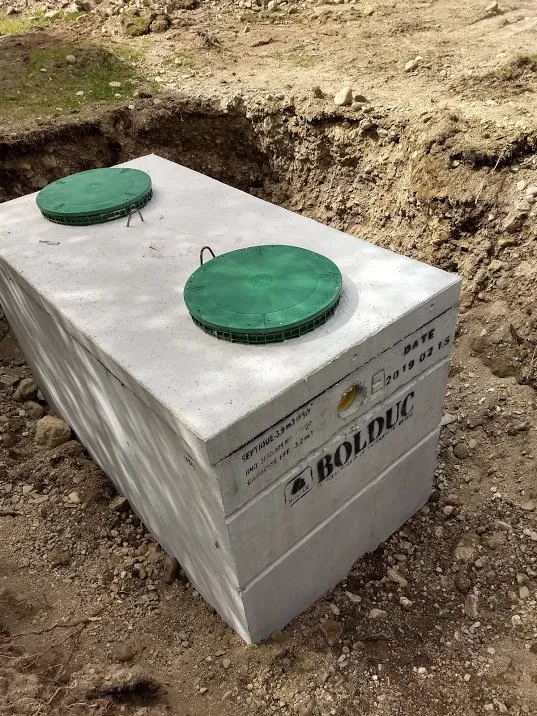Understanding Your Septic Tank
RH Business Marketing Solutions
A septic tank can be an important part of your home and is often needed to make your entire sewer system work. However, a lot of people do not understand what they are actually for or how they can tell if their septic tank has suffered a fault or blockage.
What does a septic tank do?
Septic tanks are designed to hold any wastewater that gets flushed out of your sinks, toilets, or drains in your home, allowing the solids to sink to the bottom as sludge while the upper scum floats on the surface.
By doing this, the airtight tank can allow the waste to biodegrade, with various kinds of bacteria working on digesting it naturally. Certain additives can also be used to help process this waste, ensuring that it breaks down much faster compared to natural biodegradation.
In simple terms, a septic tank is a place to store your waste, slowly breaking it down and digesting the waste to partially treat the water. From there, the partially-treated water is pumped into a drain field, which removes any harmful compounds still remaining and then puts it back into the natural water cycle.
Why use a septic tank?
Septic tanks allow for easier processing of waste matter without having to worry about any complex equipment, naturally stripping away any harmful particles and treating the water. This safe disposal of wastewater can be very important in rural areas, especially ones without a stable sewer system.
Even in more suburban areas, though, a septic tank can be a nice, natural way to filter wastewater. They cut pollution and rely on natural methods of filtering water, making them a more sustainable option – with the added benefit of not smelling anywhere near as bad as you might expect.
Can septic tanks break?
Septic tanks can occasionally get blocked or break, in which case you will want specialist help dealing with the problem. This can often happen if a tank gets over-filled or clogged, but there can be other sources of damage, too – all of which can become a problem in the long term.
Unless you know how to fix the issue yourself, it is always better to get outside help, especially with larger blockages that are impacting your entire waste system. Some problems will not go away on their own, so getting a professional’s help is the best option.
Learning more about your septic tank
Septic tank systems can be a tough thing to understand since their simple concept hides how complex they can actually be. Even if you are never planning to touch the system yourself once it is installed, understanding more about how it works can always be useful.
Finding the right septic tank resources is your best option. Sites like this can give you a full breakdown of the physical limits of a septic tank, the laws and regulations involved in installing one, and even how they are supposed to be repaired and maintained.
The more you know, the better, so make sure to keep yourself informed if your home has (or is getting) a system like this installed.
Guest Contributor: Katie Barns
